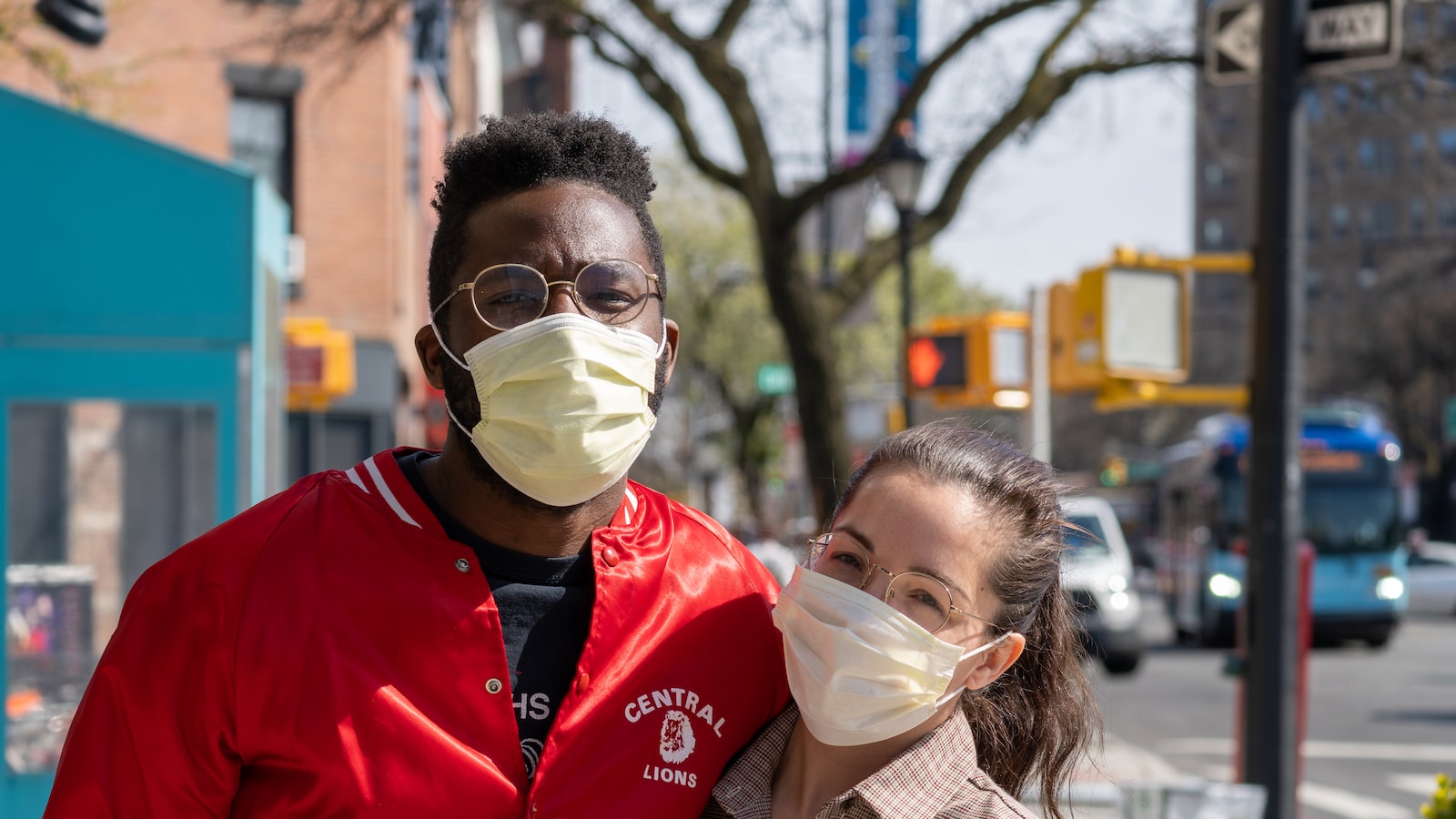72 Hour Kit List
A 72-hour emergency kit contains the essential items you need to have ready for quick access during an emergency. Depending on your location and resources, a 72-hour kit list will vary, but all of these should be considered the basics.
Essential Items
- Water and food – Food should be enough to last three days. Non-perishable items like canned goods are best. Water should be available in durable containers that can be easily moved. Don’t forget to bring along an emergency stove for cooking purposes.
- First-aid supplies – Make sure to include basic medical items like bandages and gauze, as well as more specialized items, such as splints, eye drops, and hydrocortisone cream.
- Bedding and shelter items – Depending on the circumstances and your environment, you may need basic shelter items like a tent, sleeping bag, or blankets. Also consider bringing along items for warmth such as a coat and boots.
- Communication supplies – Make sure to include items like a radio with extra batteries to keep up to date on local news. A cell phone with spare batteries, a whistle, a flashlight, and flares are all necessary in case of an emergency.
- Clothing – Depending on the severity of the situation and its duration, some clothing should also be brought along in your 72-hour kit. Pack a few sets of clothes for different weather conditions.
- Tools and navigation items – You may need to carry a few tools with you in an emergency. A pocket knife, multi-tool, or Swiss Army knife should be included in your kit. Don’t forget to include a basic map, compass, and/or GPS device.
Other Items to Consider
- Cash – In case ATMs are not available, it’s a good idea to have some extra cash on hand in a 72-hour kit.
- Documents – Documents like identification cards, birth certificates, and passports should be brought in case of evacuation.
- Hygiene products – Toiletries such as toothbrush, toothpaste, soap, shampoo, and toilet paper should also be packed in your emergency kit in case bathrooms are not available.
- Supplements – Vitamins and supplements can help keep you healthy during an emergency. Pack a few of these items in case fresh food is not available to you.
Although it’s important to have a 72-hour emergency kit ready in case of disaster, it’s just as important to have a plan in place in case of an emergency. Be sure to research the emergency plans offered in your area and develop an individualized plan that can be implemented in an emergency situation.



